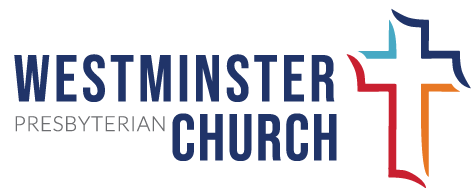In Exodus 16, God had just delivered the people from years of slavery in Egypt. Instead of jumping for joy these newly freed people griped and disobeyed regularly. They complained about the menu (or lack of it). “Why couldn’t God have just left us in Egypt rather than saving us?” they grumbled. “There we could sit by the pots cooking meat and eat our fill of bread. " So God gave them daily food telling them to (1) only collect what they needed for the day keeping no leftovers; and (2) on the sixth day collect enough for two days so that they could rest on the seventh. “Let’s see if the people obey me by only collecting bread on 6 days and trusting me to provide on the seventh,” God told Moses.
They ignored both instructions. Many gathered more than they needed each day. Even though God had told them to not do that, they were surprised that it was filled with worms and mold the next day. On the seventh day some of them went out looking for bread – even though God had told them to not do that either -- and found none. And
28 The LORD said to Moses, "How long will you refuse to obey my commandments and instructions? 29 Look! The LORD has given you the Sabbath. Therefore, on the sixth day he gives you enough food for two days. Each of you should stay where you are and not leave your place on the seventh day." (Exodus 16:28-29, CEB)
Finally, the people learned to trust God (at least this time) for Exodus tells us that “the people rested on the seventh day.” (Exodus 16:30, CEB)
God’s two simple instructions: only collect enough for the day and don’t collect any on the seventh day. God’s simple purpose: teach the people to trust God to provide for their needs.
Have we learned to trust God to care for us? God created the Sabbath for a number of reasons:
• to give opportunity to worship and praise God,
• to serve others in the name and love of God,
• and to trust God to provide for our needs on the day of rest.
By taking Sabbath rest seriously, we become living witnesses that we are dependent on God’s provision and care. That’s the rub, isn’t it? We don’t do dependence very well. Being dependent on anyone or anything is seen as a sign of weakness. Yet, as Milton Brasher-Cunningham wrote: “The call of the sabbath is to remember the fundamental core of our faith: there is a God and we are not it.” (“The Work of Rest and Worship”).
This week consider the call of the Sabbath to acknowledge that “there is a God and we are not it.” Ponder new ways to live a trust-filled life. We often say in our prayers and affirmations and hymns that we trust God to take care of our every need. Sabbath rest gives us an amazing opportunity to live the words that we proclaim.
Questions for reflection:
• What obstacles to fully trusting God do I face in my life?
• What steps can I take to reduce or eliminate those obstacles?
